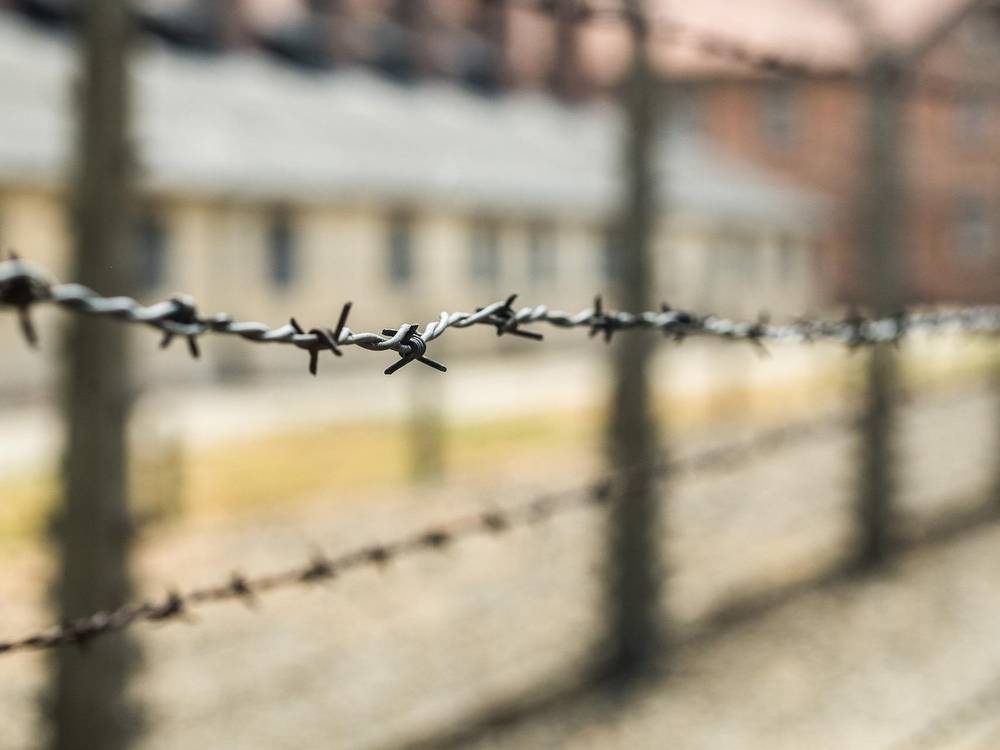After the then German president Roman Herzog proclaimed 27 January Day of Remembrance for the Victims of Nazism upon the fiftieth anniversary of the liberation of the Auschwitz concentration camp in January 1995, this day was also proclaimed International Holocaust Remembrance Day in November 2005 by the General Assembly of the UN. Upon remembering this tragic period of humankind, when millions of people had their human rights and dignity systematically violated and denied, Human Rights Ombudsman Peter Svetina emphasises the importance of preserving the memory and active prevention of any kind of actions that could once again lead to genocide, crime against humanity, and war crimes. “May the events of the past be a reminder and a warning of how dangerous expressing hatred, incitement, and any kind of intolerance to differences or simply expressing one’s own superiority can be,” stresses Svetina, focusing on the importance of dignity.
“Intolerance and hatred were the cause of all crimes when human rights were systematically violated and denied; hence, upon International Holocaust Remembrance Day I would like to once again bring attention to the dangers or consequences brought about by these two into today’s society in various manifestations. Even today, as a result of accumulated discontent, distresses, and frustrations, we frequently encounter episodes of intolerance, hatred, and, unfortunately, also physical altercations,” warns Svetina, who believes that we as a society must stand firmly against such actions. “It is deplorable to interfere with the human rights of others in any way, including with words. Though the rules are indeed set in society, including with legal provisions, the implementation of these provisions is frequently unconvincing, which prevents changes in society. The problem also lies in insufficiently clearly set boundaries of expression online and on social networks owned by international corporations, as well as in the permitted anonymity in commenting, hiding behind fake virtual identities, and in technologies that communicate instead of people,” says the Human Rights Ombudsman. In his belief, it is imperative that we warn about and condemn inappropriate forms of communication and thus set boundaries of permissible expression. Different algorithms should also be adapted in that regard. In line with the competencies of the Human Rights Ombudsman he has no direct influence on the limitations on social networks, but he can try to achieve significant changes with the decision makers by persistent repetition of how one should choose wisely what is said and that some ways of expression are by no means acceptable. Therefore, Ombudsman Svetina salutes the announcement of the Government of the Republic of Slovenia that the fight against hate speech is one of the Government’s priorities in the next six months. Human dignity and other values of a democratic state governed by the rule of law are too often trampled under the guise of freedom of speech. “Dignity is a common expression and foundation of all human rights that are provided by the Slovenian Constitution and international declarations and conventions. They are undermined by numerous events and acts, yet even though we live in a time very different from the one in which the idea of the General Declaration on Human Rights was created, and also of a united Europe, daily vigilance is needed so that erosion of human rights does not occur,” adds Human Rights Ombudsman Peter Svetina.

![[Translate to English:] Taborišče Bodeča žica v ograji taborišča](/fileadmin/_processed_/4/a/csm_Taborisce_holokavst_59325c905b.jpg)